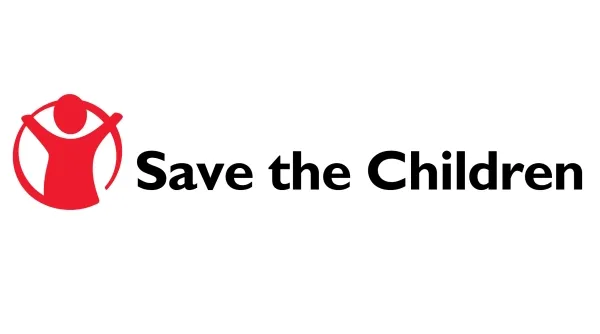International donors must not turn their backs on Rohingya refugees as food rations under threat – Save the Children
17 February 2023

17 February 2023 – Save the Children called on international donors on Thursday not to turn their backs on Rohingya refugees living in camps in Bangladesh after the World Food Programme announced it was reducing food rations due to international government cuts. The WFP said it would cut monthly allowances for the first time in over five years on March 1, down to $10 per person from $12.
Onno Van Manen, Save the Children Country Director in Bangladesh, said:
“While the cost-of-living skyrockets in Bangladesh and across the world, Rohingya children and their families are at breaking point and need more support, not less. More than five years after 750,000 refugees arrived in Cox’s Bazar we are hearing reports of increasing hunger and malnutrition, as well as child marriage and child labour, at a time when parents have almost no opportunities to work, and families are increasingly risking their lives at sea to seek a life beyond their refugee camp.
“That the World Food Programme is being pushed to taking away nearly 20% of children’s already very basic food intake is unconscionable. It’s not too late to change course. We urge donors to rethink their funding priorities so that we can prevent a hunger crisis that will lead more parents to make the tragic decision to push girls into early marriage or put their boys to work. That the international donor community is now turning its back on half a million Rohingya children and their families really shows the limits of its commitment to some of the most vulnerable people in the world.”
ENDS
View the original
Announcements
21 May 2025
Open letter: Malaysia must lead ASEAN with principle, not hypocrisy, to address the Myanmar crisis

Progressive Voice is a participatory rights-based policy research and advocacy organization rooted in civil society, that maintains strong networks and relationships with grassroots organizations and community-based organizations throughout Myanmar. It acts as a bridge to the international community and international policymakers by amplifying voices from the ground, and advocating for a rights-based policy narrative.